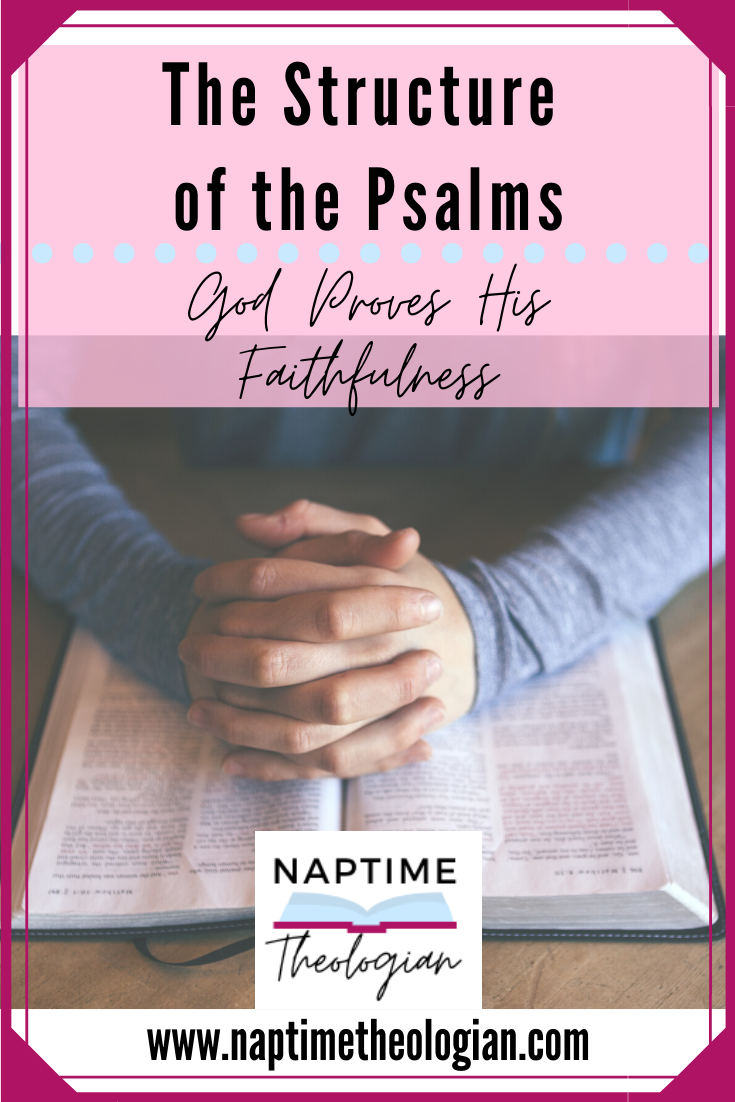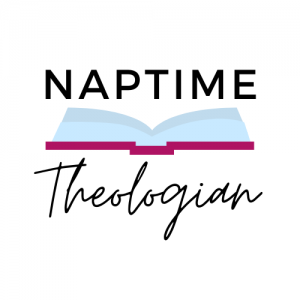The Book of Psalms
The book of Psalms appeals to many, and rightly so. It is easy to read, most comforting, and the chapters are not all together that long (if you exclude Psalm 119 of course). It may seem as though the individual psalms are thrown together and we can easily pull one out at a time and read it.
After all, the Psalms cover everything. Heartbreak, betrayal, death, life, forgiveness, repentance, hope, eternity, just to name a few. And, often, the Psalmist includes his feelings about these various events giving us someone to relate to as we suffer and also someone to rejoice with.
John Calvin even said, “Although The Psalms are replete with all the precepts which serve to frame our life to every part of holiness, piety, and righteousness, yet they will principally teach and train us to bear the cross; and the bearing of the cross is a genuine proof of our obedience, since by doing this, we renounce the guidance of our own affections, and submit ourselves entirely to God, leaving him to govern us, and to dispose of our life according to his will, so that the afflictions which are the bitterest and most severe to our nature, become sweet to us, because they proceed from him.”
The Psalms ultimately point us to Christ and are truly a treasure trove to cherish.
Outline of the Psalms
While you may read through the poems of the Psalms and think that they do not “go together” or are not meant to be read sequentially, they are! The Psalms are not randomly put together, nor are they thrown together unknowingly.
Many theologians believe that Ezra put together the Psalms many years after they were written. Whoever it was, the Psalms are specifically arranged and should be read with that in mind.
They are skillfully laid out to tell the story of the redemption of God’s people through the psalmists’ eyes. And, most of these poems are written by David, through whom the Messiah would come.
The book itself is divided into 5 separate groupings labeled as “books” in the text. Perhaps the five books even resemble the books of the Torah. I would suggest and follow O. Palmer Robertson’s outline. He has influenced much of my thinking regarding the Psalms. They are as follows:
Book I: Confrontation (Psalms 1-41)
God rules from heaven, but sin will continually confront His Lordship until He returns for His own. There is a focus on David as the Messianic king and his battles with his enemies.
Book II: Communication (Psalms 42-72)
The perspective shifts from solely confronting God’s Lordship to communicating God’s power with the nations, their enemies.
Book III: Devastation (Psalms 73-89)
This book follows God’s people as they are overtaken by foreign kings and thrust into devastating exile.
Book IV: Maturation (Psalms 90-106)
Having gone through the exile, this book gives us a more mature look at the promises made to God’s people in the Davidic covenant. Promises that will be kept and should be trusted.
Book V: Consummation (Psalms 107-150)
God has been a dwelling place for His people all throughout their history and now they praise Him as they look forward to the consummation of all His promises in the coming Messiah.
Please see the following chart to help you visualize the structure of the book.

As I said before, the Psalms are ultimately pointing us to Christ. Throughout the five books we are reminded of the Gospel story, how sin is in the world and how the Lord will provide the way for the world to be saved.
The Structure of the Psalms Show Us God’s Faithfulness
Even in the “fibers” of the Psalms, the layout and structure, we see God’s love and faithfulness. He has proved to be the covenantal God of the Old Testament. The God who keeps all His promises even when sin and enemies confront Him. Who loves His people unconditionally and loves the nations, His enemies, to provide a way for all to be saved. He stays faithful to His people when they are being punished in exile. And He guides them as they grow to see His faithfulness and ultimately praise Him as their King.
That is the same God that we serve today. He has proved Himself faithful again and again in the book of Psalms and we should trust His faithfulness too.
Conclusion
While the structure of the Psalms may seem overwhelming at first, I hope you see now that each Psalm is carefully laid out to tell God’s story of faithfulness to His people. And that they ultimately point to the zenith of His faithfulness, when He sent His only Son to die for our sins (read more on the Gospel here).
We can trust this ever-faithful God in each and every day, no matter what we face. And then we can sing with the hymn-writer: “Great is Thy faithfulness!”
This post contains affiliate links, find my full disclosure here.




1 Comment